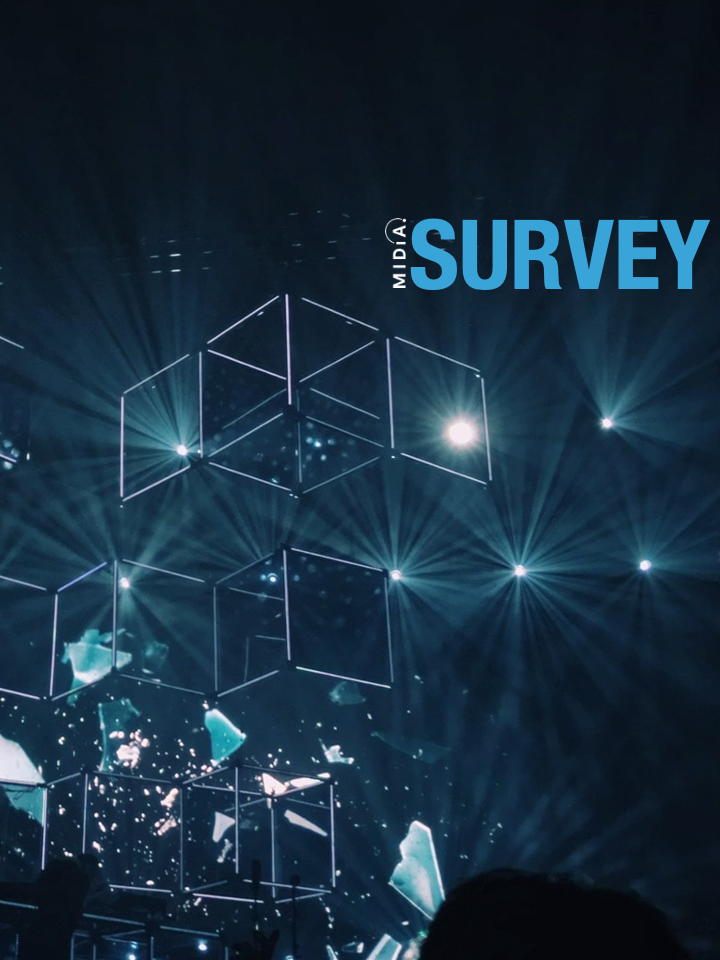Time and money spent on entertainment by gamer segments Q4 2022 Available for: US, UK, Canada, Australia, Germany, France, Sweden, South Korea, Brazil

Get access to this dataset
Already a MIDiA client? Login here to view this dataset.
New to MIDiA? Get in touch with our client success specialists to purchase this dataset and gain a competitive edge today.
Overview:
This dataset contains survey data regarding time spent in the past week and money spent in the past month. It includes questions regarding:
Time spent over the past week on the following: Listening to music, listening to music on streaming services (e.g., Spotify), watching videos on YouTube and other social video platforms (e.g., Twitch, Facebook Watch, TikTok), watching TV on a TV set (not including video streaming), streaming TV shows or movies on subscription video services (e.g., Netflix, Amazon Prime Video), playing games (on mobile, PC, or console), using social media (e.g., Facebook, Instagram, Twitter, Snapchat), listening to radio, listening to audiobooks, listening to podcasts, creating / producing content, any other digital entertainment (e.g., web browsing, ebooks, forums, watching live sports), non-digital home entertainment (e.g., reading books, board games), non-digital out of home entertainment (e.g., bars, restaurants, playing or attending sports), and doing nothing / just chilling.
Money spent over the past month on the following: Buying music (e.g., CDs, downloads, vinyl, streaming), live music / concerts / gigs, pay-TV subscription (e.g., cable TV, satellite TV) but not streaming, video streaming (e.g., Netflix, Amazon Prime Video), games (mobile, PC, or console), in-game items (e.g., lootboxes, skins, in-game currency), news and magazines (online / mobile / print), audiobooks (e.g., Audible), a subscription to a creator's content (e.g., Patreon, OnlyFans, Twitch), going to the cinema / movie theatre, and buying merchandise from a music artist or band.
This data is available across over 80 gamer segments.
Key benefits:
- Understand the popularity of different forms of digital and IRL entertainment across more than 80 gamer segments, benchmarked against the all consumer average and gamer average
- Inform your attention economy estimates
- Inform your cross-entertainment strategy
- Understand the ratios between time spent on different entertainment types
Examples of questions answered:
“What percentage of Xbox Game Pass users spend ten hours or more per week playing games?”
“How much time does the average American spend on social media?”
“How much money do FIFA players spend on in-game items per month? How does this compare to NBA 2Kplayers?”
“Do console gamers spend more time than PC gamers playing games?”
Key segments included:
By demographics:
Age, gender, age within gender, and income.
By platform:
Gamer average, PC gamers, console gamers, and mobile gamers.
By behaviour:
Game service subscribers, online multiplayer gamers, gamers who stream their gameplay, in-game item buyers, esports viewers, and esports attendees.
By time and money spent:
High and low games spenders, high and low in-game spenders, high and low time spent gaming, aficionados (high money spent, high time spent), collectors (high money spent, low time spent), forgotten fans (low money spent, high time spent), and the passive majority (low money spent, low time spent).
By service:
Weekly active users (WAUs), daily active users (DAUs), and paid users of all tracked services.
By fans of specific game genres:
Action / adventure, first-person shooter (FPS), multiplayer online battle arena (MOBA), open world, platformer, puzzle, role-playing game (RPG), sandbox, simulator, sports, strategy, and survival.
By players of specific games titles / franchises:
Animal Crossing, Assassin’s Creed, Call of Duty, FIFA, Fortnite, Grand Theft Auto (GTA), League of Legends, Madden NFL, Minecraft, NBA 2K, Pokémon, Roblox, Rocket League Spider-man, Super Mario, and Valorant.
Tags
gamer behavior Games insights gamerCompanies
Spotify Netflix Facebook twitter Twitch snapchat steam Xbox Live FIFA Fortnite super mario xbox game pass NBA 2K patreon Madden NFL Grand Theft Auto (GTA) League of Legends PlayStation Plus Spider-Man Valorant Animal Crossing Roblox OnlyFansRoles
This report is relevant to the following roles:
Audience Insight